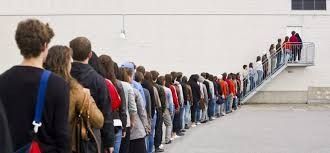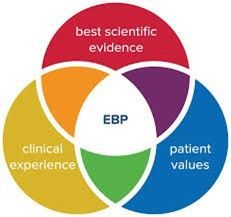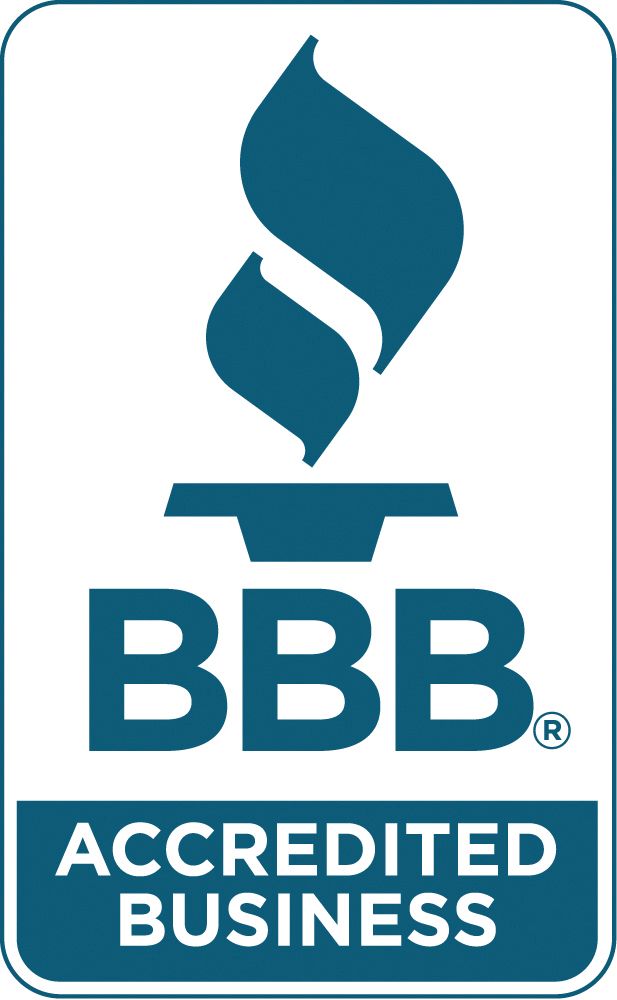Gamifying Mental Health
Using a game approach, or gamifying mental health treatment, maybe a promising strategy to improve the functioning of adolescents. Currently, the teenage population shies away from mental health treatment, although they are one of the most at-risk groups for these problems. By the time an adolescent seeks treatment, either through parents or through other sources (e.g., child welfare, school), they are turned off by traditional therapy. They tend to trust less, be less amenable to treatment, and have difficulties in opening up to therapists about their difficulties. In other words, their “engagement” in seeking help is minimal.
But put a typical teenager in front of a video game, and they will play for hours until the controls are pried from their hands. Or, as residential facilities find, become enraged if they are told to turn it off. The adolescent mind is primed for gamifying experiences, because they are novel, at times risky, require creativity, and quick decision making. So wouldn’t it be a good combination to blend a game-style approach to mental health treatment?
According to a study from the University of Hong Kong in 2016, digital game-based learning (DGBL) shows promise in converting its educational opportunities into mental health approaches. The study took a game, Professor Gooley and the Flame of Mind, and asked the users to go through the different modules. The modules included topics such as mental health, automatic thoughts, self-esteem, procrastination, hope, communication skills, gratitude, problem-solving skills, and engagement. But instead of being traditional lessons, the user went through the game sequences to learn the concepts. The study showed that users improved their mental health as shown by the completion of different measures. Gamifying mental health can be a successful approach for adolescents.
In another study from Science Daily, “eQuoo [the gamified intervention app] was able to show that it not only had a significant and beneficial impact on the participant's mental wellbeing but that gamifying therapies counterbalances sky-high attrition rates most mental health apps struggle with, especially in the demographic of 18-35-year-olds."
How does an organization start to use gamifying mental health applications? Praxes is now experimenting with these applications, using its existing programs and interventions to create a client-centered portal. This portal would use some of the common traits of social media and games, such as avatars, badges, rewards, and other approaches to engage adolescents in their own mental health. When done with fun and challenge, Praxes believes these approaches will improve the work agencies are already doing.
To learn more about our new gamifying approaches, please contact us.




